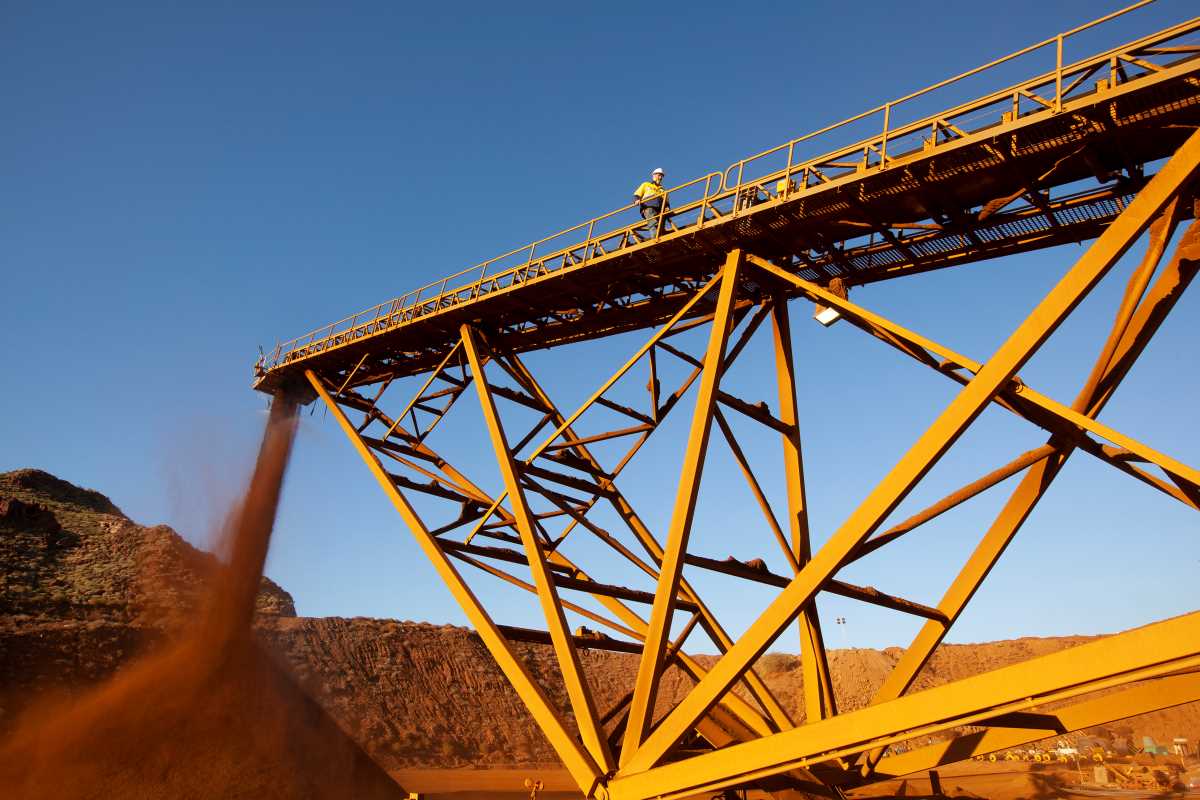
A war of words has erupted after BHP threatened the Queensland Government with a “new investment pause” in response to the state lifting its coal levies. The QLD government has fired back, stating it might pause BHP’s local mining leases unless it backtracks on its investment decision.
In a recent operational review, the mining major noted that, while the coal market is expecting a boost in demand thanks to China, Queensland had become “uncompetitive” due to its controversial tax.
“The Queensland Government’s decision to raise coal royalties to the highest maximum rate in the world makes Queensland uncompetitive and puts investment and jobs at risk,” BHP stated. The state’s treasurer Cameron Dick responded with a threat to abruptly cancel the company’s mining leases. The Queensland Government raised coal royalties in August 2022, prompting BHP to “reassess” its local investments. “We see strong long-term demand from global steelmakers for Queensland’s high-quality metallurgical coal; however, in the absence of government policy that is both competitive and predictable, we are unable to make significant new investments in Queensland,” the miner stated.
In response, the QLD treasurer pointed to the “strength of BHP’s balance sheet”. He stated that “the impending windfall it will make from selling the Daunia and Blackwater mines shows just what BHP can achieve when it focuses on its core business.”
“We want those companies to properly develop the leases that the people of Queensland have granted them,” Mr Dick said. “If they fail to do so without legitimate commercial reason, our government has the power to act.”
After many years of establishing their own independent power networks in the Pilbara, the region’s key players are banding together to tackle the transition to net zero. An accord has been struck between the Western Australia government and companies, including BHP and Rio Tinto, oil and gas operators like Woodside, BP, and Atco, and local energy groups Horizon Energy and Alinta.
WA’s energy minister, Bill Johnston, reckons it’s a “landmark” agreement that will set the state up for success in meeting its climate-related goals.
“This is a landmark agreement for our clean energy future and the economic development of the Pilbara and our state,” Johnston said. “This agreement is a historic accord between the government and key industry players in the Pilbara, recognising that common use electrical infrastructure is key to reaching our ambitious decarbonisation goals.”
As the resource majors look to slash their emissions, it’s hoped the common use framework will ultimately see all their different energy networks linked together. This would enable an essential shift to wind, solar and storage and allow the partners to establish a shared grid.
The roundtable has completed its own modelling, with demands forecast but not yet released. However, the involvement of players aligned with the Australian Renewable Energy Hub (AREH) – proposing to build 26GW of wind and solar in the Pilbara – gives some insight into how it may come together.
After being scrutinised for unacceptable dust levels, the Cadia mine in NSW has reestablished its EPA compliance.
In a statement earlier in the week, a Cadia spokesperson said the mine was now compliant with the EPA’s clean air regulations.
“We remain firmly committed to rebuilding trust and confidence in our operations with the community and regulator so we can continue to support jobs, regional investment, and the energy transition.” The EPA accused Cadia of exceeding clean air regulations in March last year while running underground exhaust fans that shot unfiltered crushed ore into the atmosphere.
Dust suppression is a critical issue in the world of mining and resources.
Learn more about GRT’s industry-leading and IoT-connected SMART Dosing Units, and discover how we’re driving better dust suppression solutions for all!
Your feedback is important to us.
If you enjoyed reading this Global Road Technology industry update and found it informative, please let us know by leaving a REVIEW.
https://www.australianmining.com.au/queensland-urges-bhp-to-invest-in-the-state/
Are environmental regulations, health and safety concerns or potential profit loss a concern right now?
Contact Us Now